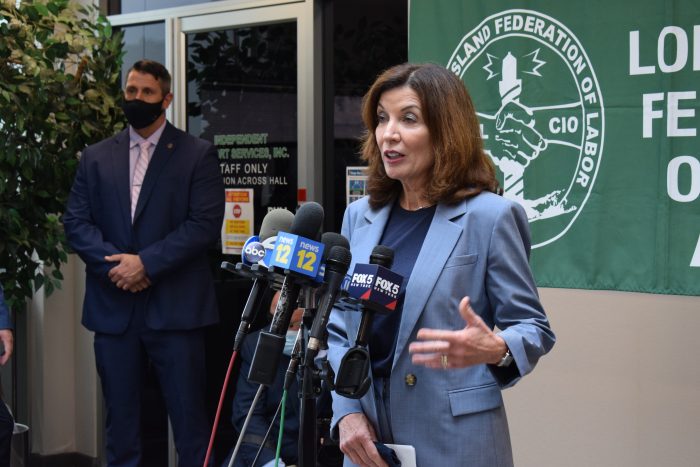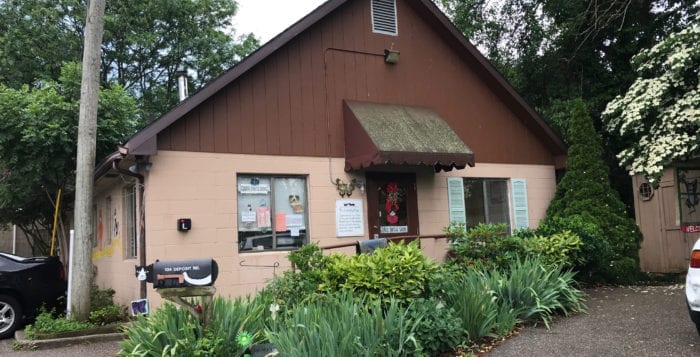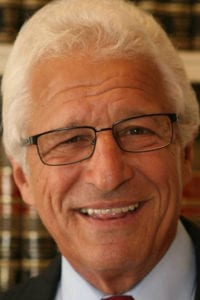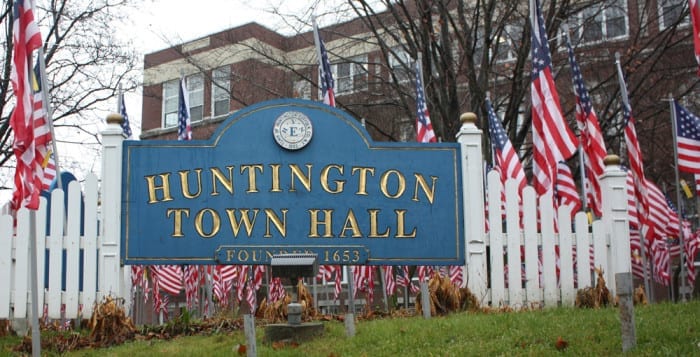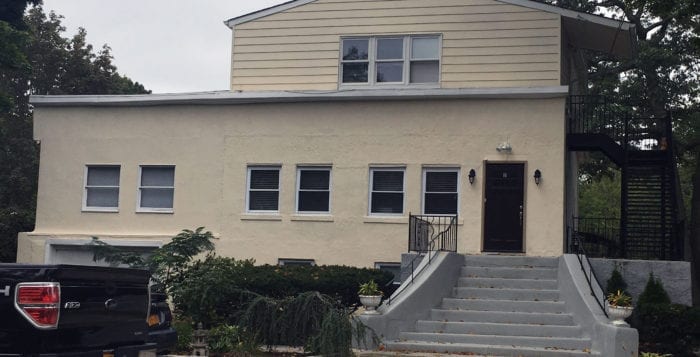After bipartisan backlash from Long Island officials, Gov. Kathy Hochul (D) has dropped her budget proposal that would require local governments to expand legalizing accessory apartments.
“I have heard real concerns about the proposed approach on accessory dwelling units,” Hochul said in a statement. “I understand that my colleagues in the state senate believe a different set of tools is needed, even if they agree with the goal of supporting the growth of this kind of housing.”
The plan stated that, to increase affordable housing across the state, dwellings would be allowed to convert garages, basements and backyard units as apartments. Both Democrat and Republican lawmakers from the town, county, state and federal levels all said this could hurt Long Island, and essentially eliminate single-family zoning.
“I am submitting a 30-day amendment to my budget legislation that removes requirements on localities in order to facilitate a conversation about how we build consensus around solutions,” she added.
The plan was introduced in January during the State of the State. Congressman Tom Suozzi (D-NY3) was one of the first to call the governor out on it, which then resulted in Brookhaven, Smithtown and Huntington towns to voice their concerns.
“One small victory, but many battles ahead,” Suozzi told TBR News Media in a statement. “We successfully stopped Governor Hochul’s radical proposal from being passed in the budget, but we’re not done yet. Now we must stop her and the state legislature from passing this misguided legislation during the Albany legislative session.”
Throughout the last month, these lawmakers argued that the plan could have potential impacts on Long Island’s quality of life, the environment and local school districts.
““I’m pleased that Governor Hochul pulled the Accessory Dwelling Unit legislation from the budget, but that isn’t enough,” said Suffolk County Legislator Kevin McCaffrey (R-Lindenhurst). “At this time, there are still discussions of tweaks to the law. Local officials on Long Island are adamantly opposed to any modifications that remove our ‘home rule.’ We know what is best for our community and we don’t need New York City and New York State dictating to us what our communities should look like. As we’ve seen with the pulling of the bill, combining our voices and speaking out ensure that we can be heard. I urge all residents to contact their State representatives and the governor’s office, to voice their opposition to any modification of ADUs here on Long Island.”
Several Suffolk County lawmakers spoke up against the ADU legislation Feb. 11 with the help of several state assembly members and senators.
“The removal of this proposal from the budget is great news for all of our communities and I am proud to have stood with my colleagues in town, county, state and federal officials from both sides of the aisle to fight to protect local control,” said state Senator Mario Mattera (R-St. James). “This shows that joining together and standing united can lead to positive change for our residents.”
Brookhaven Town Supervisor Ed Romaine (R) held a press conference Feb. 3, as one of the first townships to take a stance on the issue.
“The call to remove this misguided proposal was finally heard by the governor and we will continue to maintain local zoning control,” he said in a recent statement. “Our right to home rule on issues like housing is what protects our communities from turning into the crowded neighborhoods that we see in cities, which is not what the residents of Brookhaven Town want.”
Hochul still has plans to combat the affordable housing crisis, and the emphasis on increasing accessory apartments and improving their safety will be targeted in New York City rather than the suburbs.
“Albany extremists will resurrect this terrible idea the moment bipartisan opposition gets distracted,” said Huntington Town Supervisor Ed Smyth (R). “Stay vigilant!”

